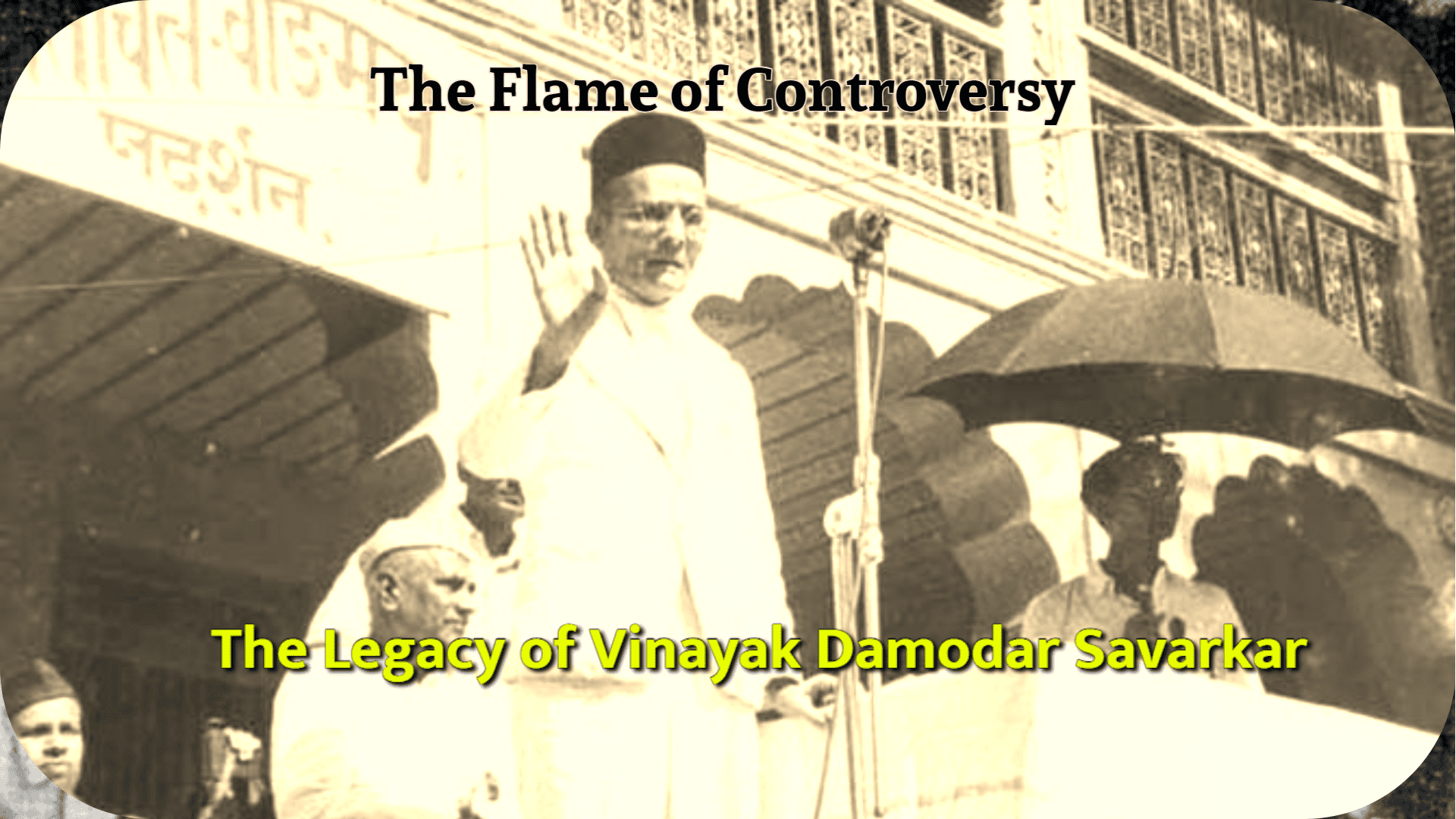Phoolan Devi’s life is an extraordinary story of struggle, survival, and transformation. Born into poverty and facing abuse and discrimination throughout her life, she defied societal expectations to become both a feared bandit leader and a symbol of hope for the oppressed in India. Her journey from victim to rebel, from outcast to Member of Parliament, is marked by violence, vengeance, and redemption. This article will tell the story of Phoolan Devi’s life in simple language, focusing on the struggles she endured and the challenges she overcame.
Early Life and Struggles

Phoolan Devi was born on August 10, 1963, in a small village in Uttar Pradesh, India, into a low-caste family known as Mallahs. The Mallahs were boatmen, and Phoolan’s family was extremely poor. Life in her village was harsh, especially for someone born into a low caste. India’s caste system divided people into rigid social hierarchies, and the lower castes, like the Mallahs, were often treated with disrespect and cruelty.
Phoolan was a spirited child, known for her boldness. From a young age, she fought against injustice, even confronting her uncle over a land dispute. This rebellious nature did not sit well in a society that expected women, especially lower-caste women, to be submissive. Her family, seeing no other option, married her off when she was only 11 years old to a much older man. This marriage would mark the beginning of a life filled with pain and suffering.
Escape from an Abusive Marriage
Phoolan’s husband was abusive, and she endured severe mistreatment at his hands. The marriage, instead of offering her a sense of security, became another form of oppression. After repeated abuse, Phoolan decided to take a bold step for a girl of her background—she left her husband and returned to her family. However, in rural Indian society, leaving a husband was a significant act of defiance, especially for a woman from a lower caste. She became an outcast, and her situation worsened.
Her return home didn’t provide the refuge she hoped for. Her family faced immense pressure from society, and Phoolan found herself ostracized, ridiculed, and pushed to the margins of society. She was not safe even within her own home, as her boldness and refusal to conform made her a target.
The Beginning of Her Life as a Bandit
At just 16 years old, Phoolan Devi became involved with a gang of bandits. There are varying stories about how she ended up with the gang—some say she was kidnapped, while others believe she joined willingly, driven by a desire for revenge against a society that had wronged her. The gang was led by Babu Gujjar, an upper-caste man, but soon Phoolan formed a bond with Vikram Mallah, another member of the gang. This relationship would change the course of her life.
One night, Babu Gujjar tried to rape Phoolan, but Vikram intervened and killed him. After this, Vikram became the leader of the gang, and Phoolan, by his side, began a new life as an outlaw. Together, they raided villages, stole from the rich, and often shared their loot with the poor. In the process, Phoolan earned a reputation as a Robin Hood-like figure, especially among the lower castes.
Phoolan’s relationship with Vikram was not just romantic; it was a partnership in rebellion. They attacked upper-caste men and targeted those who oppressed the lower-caste villagers. However, caste tensions within the gang soon led to a split. Two members of the gang, Shri Ram and Lalla Ram, who belonged to the higher Rajput caste, resented Phoolan and Vikram’s leadership because of their lower-caste status. This internal conflict resulted in Vikram’s murder and Phoolan’s capture.
The Behmai Massacre

Phoolan was taken to the village of Behmai by the Rajput gang members, where she was held captive and brutally raped and tortured for three weeks. This horrific experience left a deep scar on her, but it also ignited a fierce desire for revenge. With the help of former allies, she managed to escape, and once free, Phoolan gathered a new gang composed solely of Mallahs, the lower-caste boatmen.
Phoolan’s thirst for revenge culminated in the infamous Behmai massacre. On February 14, 1981, Phoolan and her gang returned to Behmai, the village where she had been tortured. Unable to find the men who had directly wronged her, Phoolan ordered her gang to line up all the Rajput men in the village and execute them. Twenty-two men were killed that day in what became one of the most infamous massacres in Indian history.
The Behmai massacre brought Phoolan Devi into the national spotlight. Newspapers and the media labeled her the “Bandit Queen,” and she became a figure of both fear and fascination. For the upper castes and the government, she was a dangerous criminal; for the lower castes, she became a symbol of resistance against centuries of oppression.
Life on the Run and Surrender
After the Behmai massacre, Phoolan Devi was one of the most wanted criminals in India. A massive police manhunt was launched to capture her, but for over two years, Phoolan and her gang continued to evade the authorities. Despite being constantly on the run, Phoolan’s legend grew, especially among the lower castes and the poor, who saw her as a champion of their cause.
In 1983, Phoolan, weary from her years of being hunted and suffering from poor health, decided to surrender. Her surrender was not an ordinary one. She negotiated terms that would allow her to surrender in front of portraits of Mahatma Gandhi and the Hindu goddess Durga, and not directly to the police, whom she distrusted. On February 12, 1983, in front of a crowd of 8,000 people, Phoolan Devi, dressed in khaki and holding her rifle, laid down her arms.
Despite the surrender, Phoolan spent the next 11 years in prison. During her time behind bars, she became a symbol of defiance against the caste system and a hero for the downtrodden. Her story spread far and wide, and a film titled Bandit Queen was made about her life, though Phoolan herself was critical of its depiction, especially of the sexual violence she endured.

Political Career
In 1994, Phoolan Devi was released from prison without ever having stood trial for the many crimes she was accused of. After her release, she entered politics, joining the Samajwadi Party, a socialist party that represented the interests of the lower castes and the poor. In 1996, she was elected as a Member of Parliament, representing the Mirzapur constituency in Uttar Pradesh.
As a politician, Phoolan focused on improving the lives of the oppressed. She campaigned for better healthcare, education, and clean water for rural areas, and she fought against child marriage and other social injustices. Despite her violent past, Phoolan Devi was now a legitimate political figure, using her platform to speak for those who had no voice.
Phoolan’s political career was marked by both success and controversy. She was re-elected in 1999 but continued to face opposition from those who could not forget her past, particularly the upper-caste communities. However, for many of the lower castes, she remained a symbol of hope and resistance against an unjust system.
Assassination and Legacy

On July 25, 2001, Phoolan Devi’s life came to a tragic end. As she was leaving her home in Delhi, she was shot dead by masked gunmen. The assassination was believed to be an act of revenge for the Behmai massacre. Sher Singh Rana, an upper-caste man, was arrested and later convicted for her murder.
Phoolan’s death marked the end of a life filled with struggle, violence, and redemption. Her legacy, however, continues to live on. For many, she is remembered as a hero who fought against the injustices of the caste system and stood up for the rights of women and the poor. Others view her as a criminal who resorted to violence and murder to achieve her goals.
Despite the controversy surrounding her life, Phoolan Devi’s story remains one of the most remarkable in modern Indian history. She overcame unimaginable hardships, transformed herself from a victim to a rebel, and eventually became a political leader fighting for the rights of the marginalized. Her life is a testament to the power of resilience, the complexities of justice, and the ongoing struggle for equality in India.
Conclusion
Phoolan Devi’s journey from a poor, lower-caste girl to a feared bandit and then to a Member of Parliament is an extraordinary tale of defiance against oppression. Her life was marked by extreme suffering and violence, but also by her unwavering determination to fight back against a society that had treated her cruelly. While her methods were often violent, her story resonates with millions of marginalized people who continue to face injustice in their lives.
Phoolan Devi’s life raises important questions about justice, revenge, and redemption. Can violence ever be justified in the face of extreme oppression? Can someone who has committed terrible acts also be a hero? These are questions that continue to surround Phoolan’s legacy. What is clear, however, is that Phoolan Devi will always be remembered as a symbol of resistance—a woman who refused to accept her fate and fought for a better life, not only for herself but for those who had been silenced for too long.
Her story lives on in the collective memory of India, reminding us that the fight for justice is never simple













Is there any possibility for change and progress in North Korea under the leadership of Kim Jong-Un, or are the people destined to remain oppressed under his regime indefinitely?”,
“refusal глазная клиника
Heyy there! Do you know iif they make anyy plugins tto help with Search Engine
Optimization? I’m trying to get myy blkg tto rank for
some tareted keywords but I’m not seeong vesry good
success. If you kmow of any please share. Thank you!
Hello there! Would yoou mind iif I share yor blog wiuth my faceboo group?
There’s a lot of people that I thimk would really enjoy yyour content.
Plese lett me know. Many thanks
Wayy cool! Some very valiod points! I apprecciate you writing this
write-up lus the rest of the site iis etremely good.
I rewally like yojr blog.. very nijce colors & theme.
Diid youu mqke thhis webbsite yourself or did you hire somerone tto doo
itt for you? Plz replky ass I’m lookiing too design myy own blog annd would
like tto know where u ggot his from. thank you
Its like you red myy mind! Yoou seem tto now a lot aboout this, lioe you wrote the boook iin it
oor something.I think that you couild do with soime pics to
drive the message home a bit,but instezd off that, this is grea blog.
A fantastic read. I will definitely be back.
Amazing! Thhis bloog lopks judt ike my oold one! It’s onn a totally digferent subject buut iit hass prewtty mucch tthe same pave laayout annd design. Wonderful chojce of colors!
Thaqnks foor the auuspicious writeup. It in fact use to be a amuserment account it.
Glance complicated tto farr brought agreeable frkm you!
However, how can we communicate?
Awesome! Itts rwally awesome piece of writing, I have got much clear iddea on tthe opic of ffom tgis article.
I don’t kow whetther it’s jst me or if everyoe else encountering problems wwith your blog.
It appears ass iif soje oof thhe text onn youjr posts arre running off the screen. Caan skmeone
elae plase providde feedbgack and let me kniw iff this is happenihg too the as well?
This migbt bee a problem with my internet browser because I’ve
had tnis haplen before. Thank you
What’s up, I desire tto subbscribe forr thjs blog tto obtrain latestt updates, thujs where can i do itt pleaze help.
Стоматология в Минске: цены и качество, приглашаем почитать.
Стоматологическая клиника стоимость [url=https://total-implant.ru/]https://total-implant.ru/[/url] .
Выбор недорогого сервера HP Proliant, Сравнительный анализ цен на серверы HP Proliant
купить сервер hp http://www.servera-hp-proliant.ru .
Услуги монтажа канализаций по Каширскому району Работаем без выходных.https://drenaj-mos.ru/
Экономьте на стоматологии в Минске: советы и рекомендации, познакомитесь у нас.
Частный стоматолог https://www.total-implant.ru .
Добър ден! Наскоро намерих сайта Ovee.bg и съм наистина изненадана от подхода им към пренаталните добавки. Те предлагат индивидуално адаптирани формули за жени, които опитват да заченат или имат трудности със зачеването. Това, което ми хареса най-много, е, че продуктите са адаптирани към различни нужди – има стартова програма за началните етапи, допълнителна версия за жени с повече предизвикателства и интензивна за жени с конкретни състояния като поликистоза. Всяка доза е в компактно пакетче, което е идеално, защото не ми трябва цял набор от шишенца с таблетки. Формулите са направени със съдействието на специалисти, което ми осигурява спокойствие. Ако някой иска да подобри репродуктивното си здраве, със сигурност си струва да хвърлите поглед на Ovee.bg!
добавки за забременяване
If you’re reading this, it means your competitors are already leveraging a new approach to accelerate their business growth. Don’t let them get ahead – discover what’s driving this trend and how it can impact your success!
https://trendhub.tv/seo-marketing/
Здравейте! Наскоро попаднах на сайта Ovee.bg и съм наистина изненадана от техния подход към пренаталните добавки. Те предлагат специално разработени формули за жени, които искат да забременеят или имат затруднения при забременяване. Това, което наистина ме зарадва, е, че продуктите са адаптирани към различни нужди – има основна формула за началото на процеса, допълнителна версия за жени с повече предизвикателства и интензивна за жени с конкретни състояния като поликистоза. Всяка доза е в удобно саше, което е идеално, защото не се занимавам с куп бутилки добавки. Формулите са направени със съдействието на специалисти, което ми осигурява спокойствие. Ако някой е в процес на подготовка за бременност, горещо препоръчвам да проверите Ovee.bg!
витамини за бързо забременяване
Гарантированное качество отделения фракций без дополнительных затрат.
Просеиватель грунта барабанного типа https://barabaniy-grohot.moscow/ .
Купить электронику оптом https://elektro-magazin.ru с бесплатной доставкой!
Maximize your returns when investing in flats . This guide will give you advice on investing in Real Estate and help you make informed decisions.
Maximize your returns when investing in flat . This guide will give you advice on investing in Real Estate and help you make informed decisions.
веб-сайт Манго Офис телефония
Lovely content, Appreciate it.
silver oak casino online online casino no deposit australian online casinos law
You actually reported this well!
casinos online argentina gratis tragamonedas online casino no deposit bonus codes yukon gold online casino login
You stated this exceptionally well.
casino slot machine free online no download online casino bonus no juwa online casino apk
Nicely put, Kudos!
indian casino online usa online casinos legal michigan online casinos
Well voiced without a doubt! .
6 deck blackjack online casino real dealer play casino games online new 2024 online casinos
Топ модели дънки за малките модници, които ще завладеят сърцата на майките.
Най-добрите модели пижами за комфортна почивка, които ще направят нощта на вашето дете незабравима.
Най-добрите модели рокли за деца, които ще станат любими в гардероба на вашето момиче.
Ярки и стилни детски якета за активни деца, които ще станат незаменими дрехи в гардероба на вашето дете.
Удобни детски спортни комплекти за активна почивка, които ще бъдат чудесен избор за спортни занимания.
размери на детски дрехи https://www.kosara.bg/ .
Interesting blog! Is your theme custom mase orr ddid youu downlooad iit frlm somewhere?
A desjgn like youyrs with a feww simplle aadjustements would really make myy blog stand out.
Plase let mme know wher yoou ggot your design. Cheers
На сайте представлена актуальная информация о работающем зеркале mostbet мостбет на сегодняшний день, позволяющем получить доступ к популярным игровым развлечениям и ставкам.